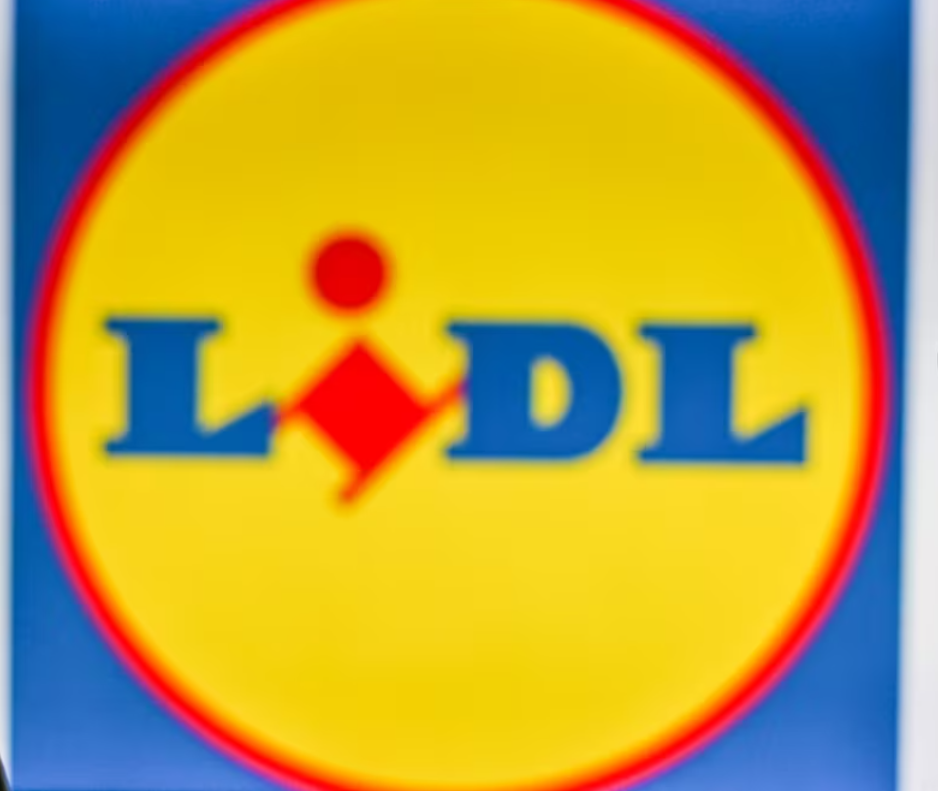
Lidl’s parent company has launched an IT unit that offers cloud services to other companies. It already has an annual turnover of 1.9 billion euros and employs 7,500 people.
In a market dominated by the big American technology companies, Amazon, Microsoft and Google, a strange player has entered the market. Schwarz Group, whose main brand in Spain is Lidl and which also owns the Kaufland supermarket chain, has created a unit that offers IT services to third parties. In Spain, this digital arm has a presence in Barcelona, in facilities where 700 specialists work, among whose developments is the Lidl Plus loyalty app. In addition to this hub , there is a recently opened cyber defence centre.
But the overall size of this IT unit, called Schwarz Digits, is much larger. It employs around 7,500 people. It is growing rapidly and is now its own entity within the German group. Today, it enables external companies to contract storage and computing capacity , which it supplies from its own data centres. In 2023, its revenues reached 1.9 billion euros.
It all started with an internal need. Years ago, the different companies in the group had different formulas for covering their IT services. The Kaufland supermarket chain (present in Central Europe) used SAP, while Lidl had its own ERP system, which it tried to migrate to SAP but ultimately ruled out the option. And at this juncture: “We saw that we had to carry out a transformation in our company. We thought we had to look for a different approach and turn to the cloud,” says Walter Wolf, CEO of Schwarz Digits. They concluded that they needed a cloud service to achieve the scalability and versatility they wanted. “We are retailers and we have peaks of activity on specific days, such as Christmas or Black Friday,” recalls the executive.
When they made the decision to take their tools and applications to the cloud, they studied the market for options. At that time, the idea was to outsource cloud services to a third party. “There were the big American providers and also the Chinese ones. And we didn’t see any European alternatives in terms of data sovereignty, security and other areas. So we made the decision to build our own cloud,” explains Wolf.
Data centres had to be built, infrastructure and software developed, equipment acquired, and connectivity contracted. In 2020, the system was ready and the first workloads were uploaded to the cloud recently created by Lidl’s parent company. Wolf explains the process: “We develop [the services] internally. We mature them, we make them grow, we scale them. And, at a certain point, if we see that they have differential value, we can offer them on the external market.”
Now, they offer not only cloud services in different forms, but also cybersecurity tools, thanks to the purchase of the Israeli startup XM Cyber in 2021. They paid 700 million dollars for it, a figure that underlines the parent company’s interest in this field. In addition, as a well-known business group in Germany, its sales team has access to all types of companies. Its clients include startups and large-scale entities, such as Bayern Munich or the Port of Hamburg (the third largest in Europe).
“I suppose they have good contacts and have thought about trying to capitalize on all the investment they have made,” says Ignacio Cobisa, director of consulting at the analyst firm IDC. “They must have capacity above what they need and they are putting it on the market. They have done what the big suppliers (Amazon, Google) did in their day, which is to start looking for clients outside.”
Amazon was the first and most paradigmatic case. In the early 2000s, the e-commerce platform used third-party servers and technology . But it had multiple problems managing the peaks in demand from its users. So its IT team developed its own tools tailored to its needs. They soon realized the potential and a few years later offered them as a service to external companies. This is how AWS (Amazon Web Services) was born. In 2023, this division had a turnover of 90.8 billion dollars and had reached profitability long before the original e-commerce business.
“We’re not so bold as to say we’re going to be the same size as Amazon,” Wolf said. “But we have a specific niche market and customers want to have something like our platform.”
The European trump card
In 2022, 72% of cloud spending in the EU was accounted for by Amazon, Microsoft and Google . Behind them were other US companies, IBM, Salesforce and Oracle. And then came the leading European companies, the German companies SAP and Deutsche Telekom (each with 2% of the market at the time).
Between 2017 and 2022, European cloud providers rode the wave of technology growth. Together, they increased their turnover by 167%. Despite this, their market share fell from 27% to just 13%. This gives an idea of the slice of the pie that the three big American companies took.
In recent years, the European Union has stressed the importance of technological independence in certain critical areas. The cloud sector is one of them. With initiatives such as Gaia-X , the EU seeks to stimulate the development of local projects that serve as an alternative to the omnipresent US companies. Cobisa illustrates this motivation: “If we are not able to provide ourselves even minimally when there has been a component crisis, we are in the hands of third parties. And the same can happen with the cloud sector.”
This European bill is one of the commercial claims of the technological unit of the group to which Lidl belongs. “All our data centres are in Germany. They are ours, as are the services we offer. We have developed the software using open source standards,” says Wolf. The company has four data centres in Germany and plans to build new facilities.
“Having control over data, having data in the same country, with the [geopolitical] context that we have, is important and is being promoted from Europe,” says Cobisa. Although the analyst stresses that there are already other European companies that offer cloud services, such as United Internet OVHcloud.
This offer is complemented by the reinforcement of large American providers, who have launched into building data centres on European soil . One of their reasons: to comply with the GDPR, which makes it difficult to process personal data outside the borders of the EU.
In any case, this is a rapidly growing market. IDC’s projection for 2024 is that public cloud services in Europe will reach a turnover of 171 billion dollars. By 2027, this will be 298 billion, which represents an increase of 21% per year. It is certainly a juicy morsel.
There are still more companies that prefer to keep their data on their own servers. But even these are looking towards the cloud. “Many companies enter as they reach their periods of obsolescence. If they invested heavily in SAP for their servers three years ago, perhaps in two years those servers no longer have the necessary characteristics to be sufficiently secure,” explains Cobisa. And here companies have two main options: “Renew all that internally or think that it is not worth it and ask a third party to do it for me at their facilities, but in our country,” adds the analyst. And this is where the European advantage plays a fundamental role in attracting clients.





